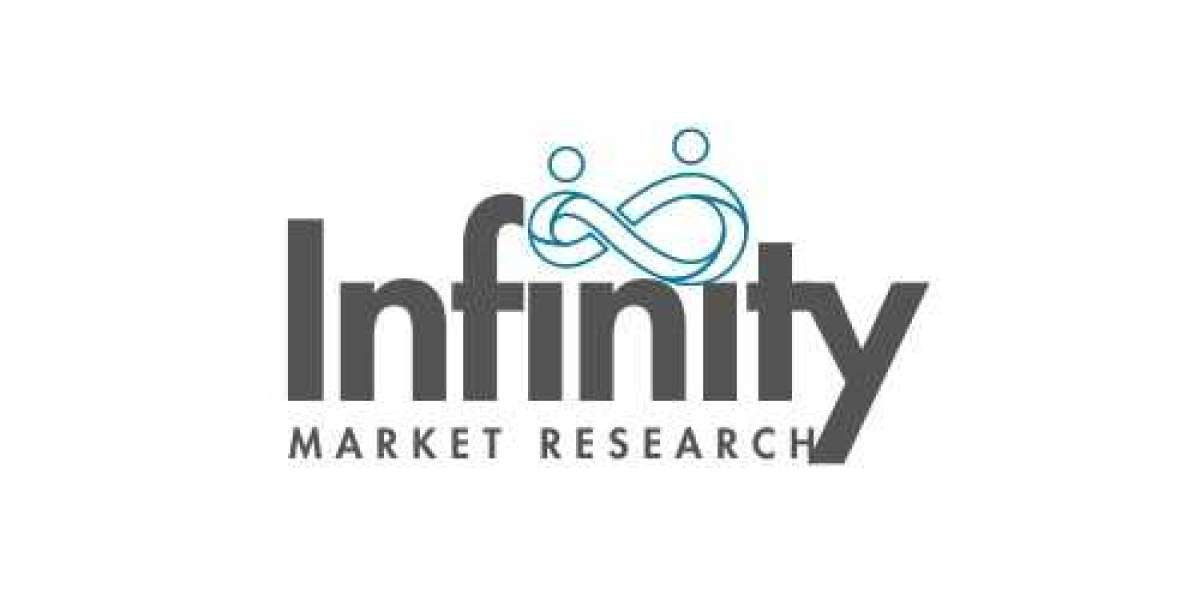The global Isotype Control Antibody market is projected to reach approximately USD 257.5 billion by 2033, up from USD 75.9 billion in 2023, growing at a compound annual growth rate (CAGR) of 13.0% during the forecast period from 2023 to 2033.
Key Market Drivers
Rising Demand for Immunological Research: Immunological research has been a driving force behind the growth of the isotype control antibody market. As diseases such as cancer, autoimmune disorders, and infectious diseases continue to burden global populations, the need for robust research into immune system functioning has intensified. Isotype control antibodies are essential for validating experimental procedures, making them indispensable in academic research, pharmaceutical development, and clinical diagnostics.
Increasing Research and Diagnostic Applications: Isotype control antibodies are widely used in various diagnostic and research applications, including cellular assays, tissue staining, and biomarker identification. Their role in verifying antibody specificity has contributed to their widespread use in the development of therapeutic antibodies and cancer immunotherapy. With the rise in diagnostic testing and biomarker research, the demand for these control antibodies has surged.
Technological Advancements in Antibody Production: Advances in antibody generation technologies, such as recombinant DNA technology, have enabled the production of highly specific and consistent isotype control antibodies. This has enhanced the reliability and reproducibility of experiments, driving their adoption in both academic and industrial laboratories. With better production methods, suppliers are able to offer a broader range of isotype control antibodies for various experimental needs.
Growing Biopharmaceutical Industry: The expansion of the biopharmaceutical industry, particularly in the development of monoclonal antibodies for therapeutic applications, has contributed to the growth of the isotype control antibody market. Monoclonal antibodies are increasingly used in treating diseases like cancer, autoimmune diseases, and infectious diseases. These therapeutics require validation and quality control during development, which drives the demand for isotype control antibodies in both preclinical and clinical stages of research.
Rising Healthcare Investments: Increased investments in healthcare infrastructure, particularly in emerging markets, have fueled the growth of the market. As healthcare research becomes a priority globally, demand for research tools, including isotype control antibodies, continues to rise. Furthermore, government funding for biomedical research and disease-specific studies is contributing to market expansion.
Market Restraints
High Cost of Antibody Production: Despite advancements in antibody production technologies, the high cost of generating high-quality isotype control antibodies remains a significant challenge. The expense associated with custom antibody production, coupled with stringent quality control standards, can limit access to these products, especially in resource-constrained regions or smaller research laboratories.
Regulatory Challenges: The isotype control antibody market is subject to strict regulations, especially when these products are used in clinical trials or diagnostic applications. Regulatory requirements for antibody validation and approval can delay product availability, creating obstacles for market growth. Additionally, inconsistencies in regulatory standards across different regions may present challenges for global suppliers.
Competition from Alternative Methods: While isotype control antibodies are essential in many applications, alternative methods for antibody validation, such as knockout models or different control reagents, are emerging. The availability of these alternatives may limit the demand for traditional isotype control antibodies, especially in specialized research areas where newer technologies offer more cost-effective or precise solutions.
Market Segmentation
The isotype control antibody market is segmented based on type, application, end-user, and region.
By Type: Isotype control antibodies are classified into various categories based on the species and isotype, such as IgG, IgM, IgA, and IgE. These antibodies are used to match the isotype of the primary antibody used in experiments, ensuring accurate negative control data.
By Application: The market includes a wide array of applications such as flow cytometry, immunohistochemistry, immunofluorescence, Western blotting, and enzyme-linked immunosorbent assays (ELISA).
By End-User: Key end-users of isotype control antibodies include academic and research institutions, pharmaceutical companies, and diagnostic laboratories. Pharmaceutical companies, in particular, account for a significant share of the market due to the growing emphasis on therapeutic antibody development.
By Region: North America holds the largest market share due to the strong presence of research institutions, pharmaceutical companies, and government funding in the region. Europe follows closely, with increasing investments in biotechnology and healthcare. The Asia-Pacific region is expected to experience the highest growth, driven by rising research activities and expanding healthcare sectors.
Conclusion
The isotype control antibody market is poised for substantial growth, fueled by advances in immunological research, the growing biopharmaceutical industry, and technological innovations in antibody production. As researchers continue to explore new treatment options for various diseases, isotype control antibodies will remain essential tools for ensuring the accuracy and reliability of experimental results. Despite challenges such as high production costs and competition from alternative methods, the demand for high-quality isotype control antibodies is expected to rise, driving market growth in the coming years.
Get Free Sample Copy Of Report
Key Players:
- Novartis AG
- Johnson & Johnson Services Inc.
- Hoffmann-La Roche Ltd.
- Amgen Inc.
- Takeda Pharmaceutical Company Limited
- Bristol-Myers Squibb Company
- Biogen Inc.
- Sanofi
- AbbVie Inc.
- Iovance Biotherapeutics Inc.
- Eli Lilly and Co.
- Kyowa Kirin Co. Ltd.
- Ultragenyx Pharmaceutical Inc.
- Other Key Players
Releted Reports:
Antisense Therapy Market, Share and Analysis | Report 2033
Asthma and COPD Drugs Market, Share, analysis | Report 2033
Hospital Beds Market, Share and Analysis | Report 2033
Beauty Device Market, Share and Analysis | Report 2033
Car T-Cell Therapy Market, Share and Analysis | Report 2033
https://www.openpr.com/news/3602396/edtech-market-overview-likely-to-touch-new-heights-by-end
About US:
We at Infinity Market Research hold expertise in providing up-to-date, authentic and reliable information across all the industry verticals. Our diverse database consists of information gathered from trusted and authorized data sources.
We take pride in offering high quality and comprehensive research solution to our clients. Our research solutions will help the clients in making an informed move and planning the business strategies. We strive to provide excellent and dedicated market research reports so that our clients can focus on growth and business development plans. We have domain-wise expert research team who work on client-specific custom projects. We understand the diverse requirements of our clients and keep our reports update based on the market scenario.
Contact US:
Pune, Maharashtra, India
Mail: Sales@infinitymarketresearch.com
Website: https://infinitymarketresearch.com/







